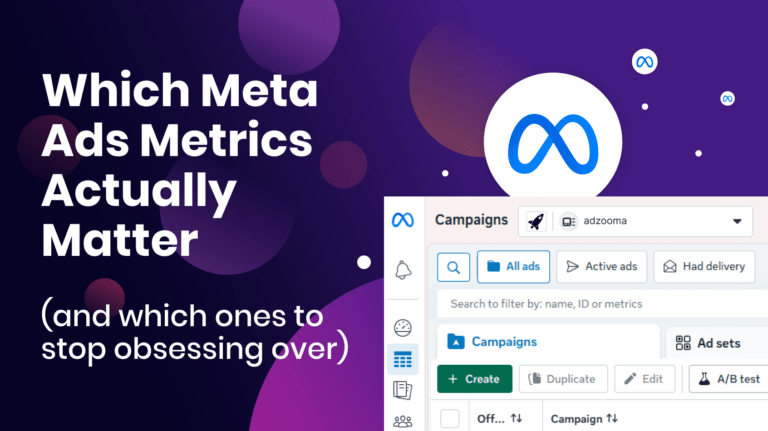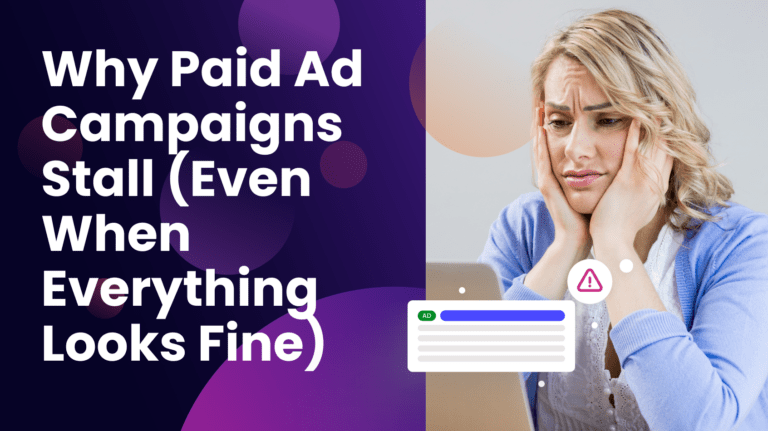It’s perhaps a cliché, but almost everyone is on social media in some way, shape, or form. Not only are they present, but they also interact with their favourite businesses on a regular basis.
So as a small business trying to reach new customers, social media should be a critical part of your marketing strategy.
To learn more about your audience, it pays to do research (literally). Ask yourself: who is interacting with us? Then you can start to tailor your content and responses to them. It can also give an idea of how broad your audience is (and whether you have an audience at all).
In this article, we’ll look at how to make the most out of social media marketing for your small business.
Advantages of having a social media presence
You’ll increase your brand awareness. By implementing a social media strategy will greatly increase your brand recognition since you will be engaging with a broad audience of consumers.
It will create more inbound traffic not only through referrals but search engines as well. While social has no direct effect on the way Google ranks pages, it does have an impact on Bing’s search algorithm. According to Radd Interactive:
“Content that is popular and shared frequently on social media may rank better on Bing because its algorithm is designed to acknowledge social signals.”
Social media also builds a loyal customer base. It’s becoming crucial to regularly engage with your customers and build a rapport with them. Customers often use social media channels as a way of communicating directly with your business, meaning that it’s an excellent opportunity to connect with them.
Social media is not limited to introducing your brand’s products and promotional campaigns.
The best social platforms for small businesses
When it comes to what platforms are best for your business, then it’s wise to do some research to find out where your audiences spend their time online. You can use different social channels to reach different audiences or to meet various business goals.
Establish a presence on the social platforms that matter. The best ones are:
It’s also important to keep up with the latest social media trends and apply them to your small business.
5 quick tips for small businesses on social media
1. Consider your goals
First of all, you need to be thinking about what you want to achieve with your socials. For many, it can be a combination of elements, such as:
- Generating new leads
- Building your brands profile
- Driving traffic to your website
- Establishing a ‘community’ to surround your business
- Providing high-quality customer service and effective outreach
- A way of growing your revenue
- Boosting engagement
2. Think about your target audience
It would help if you then considered your target audience, who will share common characteristics, such as demographics and behaviours. They are a specific group of people you want to reach with your social channels, as they are the people who are most likely to be interested in your content, products, or services.
3. Decide what content you want to publish and when
So what type of content should you post and how often? Ultimately, you want to be able to convert your social media followers into customers, so your posts need to be engaging and of course, relevant to them.
Your content should be posted at optimal times and posted using the best hashtags – to help your reach. This can sometimes be easier to manage by creating a social content calendar that will keep your posts scheduled and consistent.
Read: 20 Social Media Marketing Tips for 2020
By creating content that starts a conversation, such as a poll, then you are actively engaging your customers and encouraging them to interact.
4. Make your content interesting
The content you post can be about anything you want, but it needs to attract attention and be useful. This can be new products, client testimonials or videos. You can even post photos of your employees to help put their personalities at the forefront of your brand.
Also, consider eye-catching visuals where applicable. Facebook and Pinterest, for example, are very visual platforms and people expect the best images.
5. Measure your success
Higher audience engagement leads to more people seeing your posts which will help you achieve your social media goals. This is where engagement analytics tools are handy to gain some insight on where your posts might be lacking, which will enable you to focus on creating interesting content to boost your engagement.
You can help boost your engagement organically or pay for this.
How to judge success

There are a variety of metrics available that can help you determine how well your socials are doing and whether your efforts are paying off.
For many businesses, their goals revolve around increased engagement, new followers, faster response times or listening to social conversations more thoroughly.
The use of demographics and post habits can give you a greater knowledge of how well your social media marketing performs. Success can be judged by any number of factors such as:
- The amount of engagement your posts receive
- How many times they are shared
- What their reach has been and whether you have received a spike in followers
Engagement is fast becoming a social media buzzword but knowing when and how users engage with your content can influence your future strategy. For example, Twitter offers 3 ways to publically engage with a tweet:
- Like it
- Retweet it (you can also quote tweet or “retweet with comment”)
- Reply to it
You can do these in any combination and from there you could measure the sentiment behind replies and quote tweets or create ratios between each form of engagement. The more granular you get, the more advanced your techniques will be so only do this if you have the capability.
Twitter also offers its own tips for what to tweet to get the best engagement:
- Limit to 1-2 hashtags per Tweet
- Be conversational
- Keep your copy short and sweet
- Use images, GIFs, and/or videos whenever possible
- Test, test, test (and use analytics to see what works)
- Monitor events and trending conversations
Try them out!
Should you use a marketing agency?
Agencies are undoubtedly useful for bringing new customers to your website, and they’re able to optimise your campaigns to achieve great results.
If a company doesn’t have someone that has the time to devote to social media, then an agency might be the answer. However, it’s becoming more and more common for people to manage their own social media platforms.
It’s important that you keep track of which methods and platforms are working best for your business and concentrate on those channels. By using the available analytic tools, it will help give you a greater understanding of your audience and how best to appeal to them.




